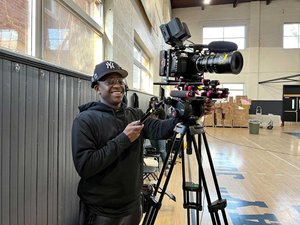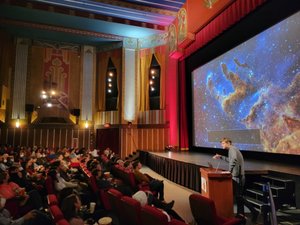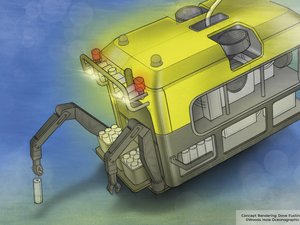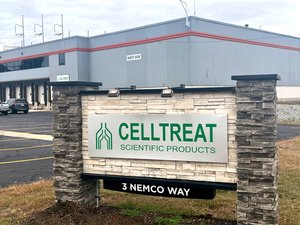Last week, you might have seen news about a proposed bill that would create a new set of rules for autonomous vehicles in Massachusetts. The sponsors of the bill — Rep. Tricia Farley-Bouvier (D-Pittsfield) and Sen. Jason Lewis (D-Winchester) — have said they want to “encourage innovation around new transportation options like autonomous vehicles” while also protecting the public’s safety. The bill, at least in its current form, could deal a strong blow to current research and development efforts for self-driving cars in Massachusetts.
NuTonomy, one of the Boston-area companies developing and testing self-driving car technology locally, has come out strongly against the bill because of the negative impacts it could have on research and development. Among the areas of contention are provisions that would require self-driving cars under 8,500 pounds to have zero emissions and get taxed 2.5 cents for every mile they travel. It would also prohibit self-driving cars, with the exception of freight and emergency vehicles, from traveling more than one mile without a passenger.
For nuTonomy, the last provision would severely hurt its efforts to continue research and development in Boston, CEO Karl Iagnemma and General Counsel Matthew Wansley told me. It would also make it hard or impossible for nuTonomy to launch its own self-driving taxi service in Massachusetts since many passengers would likely be more than one mile away from any available car.
“It’s really important to remember that this tech is still in the development stage, so we shouldn’t contemplate legislation that would stall or snuff out progress,” Iagnemma said.
On the matter of prohibiting self-driving cars from driving more than one mile without a passenger, Lewis, the bill’s co-sponsor, has told The Boston Globe that it’s ultimately meant to prevent empty “zombie cars” from congesting traffic.
"One major risk to the success of autonomous vehicles is their ability to circulate without passengers and purpose (other than to avoid the need for or cost of parking)," Zach Crowly, a spokesman for Lewis, said in an email. "This provision of the bill seeks to ensure that self-driving passenger vehicles don’t cause excessive traffic congestion on our streets and roads."
"We shouldn’t contemplate legislation that would stall or snuff out progress."
Iagnemma and Wansley, however, counter that nuTonomy’s model of an on-demand self-driving taxi service, where multiple people could share the same ride (ŕ la UberPool), could lead to less traffic congestion. In fact, the company’s CTO, Emilio Frazzoli, had conducted a study showing that such a system could meet the mobility needs of a population with one-third of the total number of passenger vehicles in operation.
Crowly said the proposed bill was drafted with input from the Conservation Law Foundation and Zipcar co-founder Robin Chase, as well as research from the U.S. Department of Transportation's Federal Automated Vehicle Policy, SAE's taxonomy for automated vehicles and Transportation for Massachusetts' Fast Forward report.
Despite nuTonomy saying the bill would hurt autonomous vehicle research and development in Massachusetts, Lewis and Farley-Bouvier think it will do just the opposite.
"The policies embedded in the legislation would open up the streets and roads of Massachusetts to the autonomous vehicle industry while creating a framework that would allow self-driving vehicles to succeed," Crowly said. "This bill is at the cutting edge of providing companies like nuTonomy the opportunity to test and then deploy vehicles in Massachusetts."
Crowly added that the bill's co-sponsors look forward to discussing the legislation with nuTonomy and receiving feedback.
While nuTonomy might oppose the bill in its current form, Iagnemma and Wansley said they don't flat out oppose regulation, pointing to favorable policies outlined in executive orders from Boston Mayor Marty Walsh and Gov. Charlie Barker that paved the way for nuTonomy to begin testing in Boston.
“Our decision every time we have a job opening is whether we should fill it in Singapore or Boston,” Iagnemma said, noting that he would prefer to start hiring more in Boston. “But if we don’t have a favorable climate for research and development that becomes very hard to do.”








